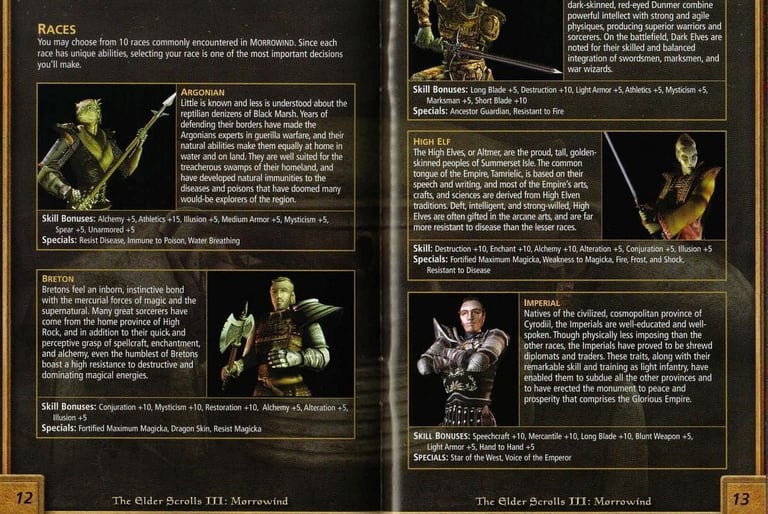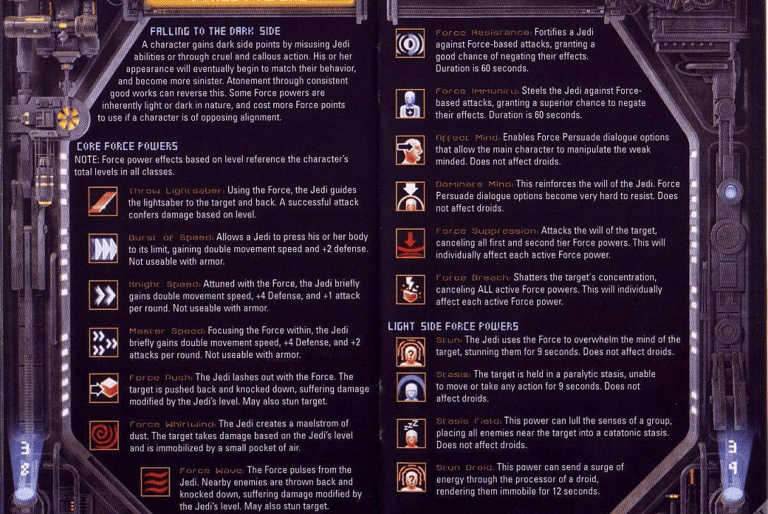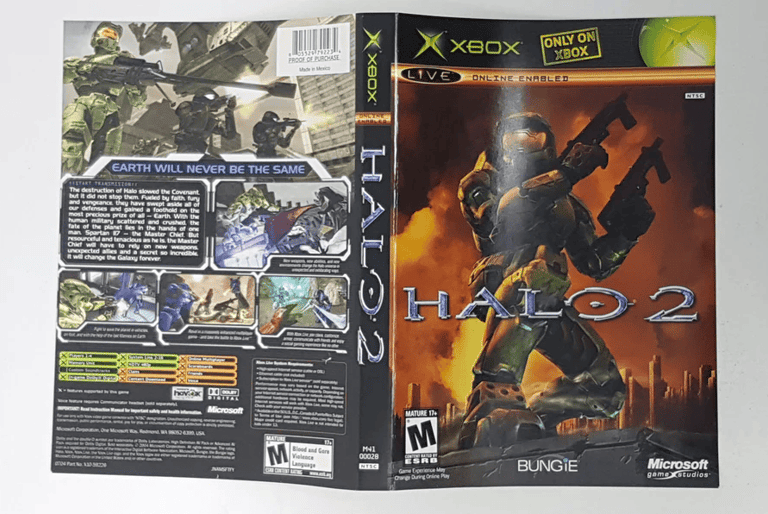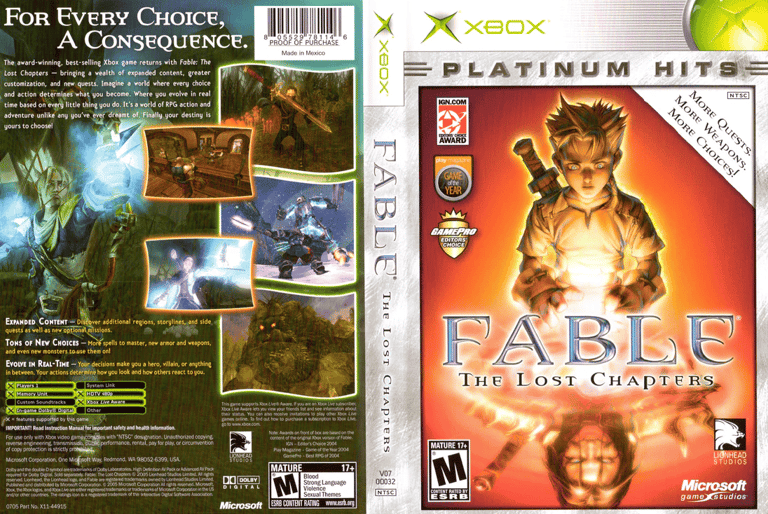Manuals, Memories, and the Devil We Call Digital
Tearing open plastic felt like ceremony. Clicking ‘download’ feels like compromise. Physical games had soul, digital games are a necessary evil, but without them, half the history of gaming dies.
BLOG
Drez
9/6/2025

Digital games are like instant ramen. You’re grateful they exist, you eat them constantly, but you also know deep down it’s a compromise. They’re quick, cheap, filling, but never quite the same as the real thing. Physical games? That’s the steak dinner. That’s the ceremony. The smell of plastic wrap, the crinkle of a manual, the ritual of slotting a disc into place, it’s an event, not just a transaction. Still, I’m not blind. Digital isn’t going anywhere. It’s efficient, it’s necessary, it’s the industry’s way of telling us, “You’ll take your soulless download and like it.” And we do. Because what choice do we have? Physical media is on life support. Convenience killed the ceremony, and licenses keep us chained to storefronts that can vanish overnight. But here’s the kicker: even while digital feels like selling your soul for a faster load time, it’s also the only thing standing between us and cultural extinction. Without it, half the games you love would’ve already been dust.


Plastic as a Religion, Digital as the Heretic
Tearing shrink-wrap used to feel like communion. That crisp snap was the gospel of anticipation. Manuals were psalms, the disc your communion wafer. Okay, maybe that’s dramatic, but admit it, you felt something. Physical games made you part of a ritual. Digital flipped the script. One button, instant access. No weight, no smell, no ritual. Just you and a progress bar. Efficient. Predictable. As sterile as brushing your teeth. And yet, you keep doing it. Why? Because it’s faster, and time’s the one thing you don’t have. Did you know Steam has over 50,000 titles but only a fraction ever see physical release? That’s the reality: physical is boutique, digital is bulk. You can’t argue with scale. And sure, it’s a heresy of convenience. You trade soul for survival. Without digital, indies vanish. Without digital, preservation collapses. You want to play some tiny itch.io horror game about a haunted toaster? Good luck finding that on a disc. But here’s my gripe: digital didn’t just add convenience. It killed patience. It killed anticipation. You never get the sacred pause before playing, just download, scroll TikTok, start. Digital stripped out the foreplay. And maybe that’s fine, maybe you’re happy with fast food gaming. But tell me, when was the last time you remembered opening a download like you remembered opening a case? Exactly.




Manuals, Context, and the Digital Shrug
Manuals were more than instructions. They were tiny novels disguised as paperwork. They told you lore, hinted at secrets, dropped concept art you’d never see in-game. Sometimes they were even funny, like a wink from the devs before you pressed “Start.” Digital replaced that with tooltips and wikis. You want lore? Google it. You want controls? Read an FAQ some unpaid fan compiled. Convenience is king, but context died along the way. Here’s a deep dive into the “lost art” of manuals if you want a rabbit hole. Spoiler: they vanished because they cost money and because publishers know you’ll play anyway. Did you know early Xbox 360 manuals sometimes doubled as health warnings to avoid lawsuits? That’s history, man. Now? You get a 30-second epilepsy screen no one reads. Digital manuals exist, sure, but they’re PDFs. PDFs are homework, not art. Digital stripped the poetry, gave you cliff notes. And yet, I’ll admit it: digital convenience is a necessary evil here, too. It means you don’t have to track down a manual in the attic just to remember how to equip a shield. It means every patch, every hotfix, every tweak can roll in without a recall. It’s sterile efficiency. You hate it, you love it, you rely on it. So I’ll ask you this: do you care about flavor, or just about being fed? Because digital feeds you, no seasoning, no plating. Manuals were the garnish. Digital said screw it, just eat.




Preservation, Licensing, and the Devil’s Bargain
Physical games are artifacts. You can hold them, archive them, pass them on. They’re cultural fossils with spines and covers. Digital? Digital is vapor. If a store shuts down, your library can vanish with a shrug. Nintendo killed the Wii U eShop, and thousands of games went dark. Forever. Gone. Like they never existed. But here’s the paradox: digital is also the only reason half the industry’s catalog still exists at all. Without licensing deals and digital storefronts, most of those rare Japanese RPGs or indie horror titles would’ve disappeared. No publisher is pressing a limited run of Doki Doki Literature Club. Digital keeps it alive. Here’s the ugly truth: even physical games are technically licenses. That disc in your hand? It’s not ownership. It’s permission. But at least you’ve got the comfort of plastic proof, a relic that still functions even if servers don’t. Want proof preservation is life-or-death? Polygon recently broke it down: licensed reissues and digital archives are the museum wings of gaming. Without them, whole genres vanish. Did you know the Library of Congress officially archives video games now, treating them like literature? That’s how fragile this all is, we need government librarians to babysit our cultural memory. Digital is a devil’s bargain. It preserves, but it also controls. It saves, but it erases. You need it. You resent it. And you’ll keep paying for it, because you don’t want to lose games you’ll never physically own. Tell me: would you rather risk losing convenience, or risk losing culture? There’s no right answer. That’s why it feels like sin.




Here’s where I land: physical games are the soul, digital is the skeleton. One gives you ceremony, texture, permanence. The other gives you access, survival, inevitability. One you cherish. The other you tolerate. Digital games are a necessary evil. They kill rituals but keep the catalog alive. They strip away patience but keep the doors open. They reduce art to a download bar but also prevent entire histories from burning out. That’s the contradiction you live with every time you press “buy.” And look, I’ll still take digital convenience. I’ll still download indies at 2 a.m. while I’m half-asleep and pretending I’ll actually play them. But I’ll never stop missing the pause of plastic, the scent of a case, the weight of a manual. Digital is ramen. Physical is the steak. Both fill you up. But only one makes you stop and remember what eating felt like. Let me know if you’ve ever opened a digital game and actually felt something, or if, like me, you think maybe the trade-off was too high.
Drez